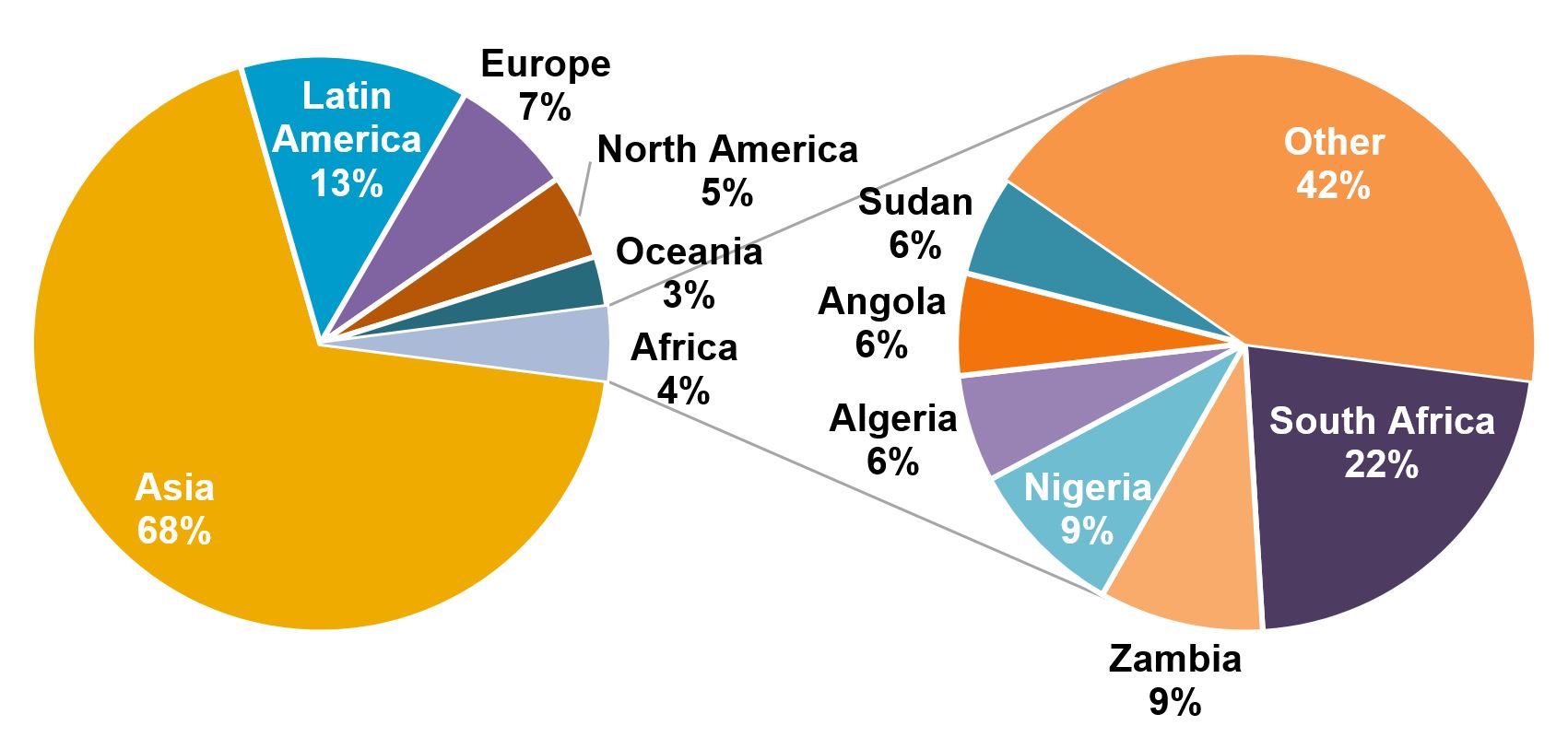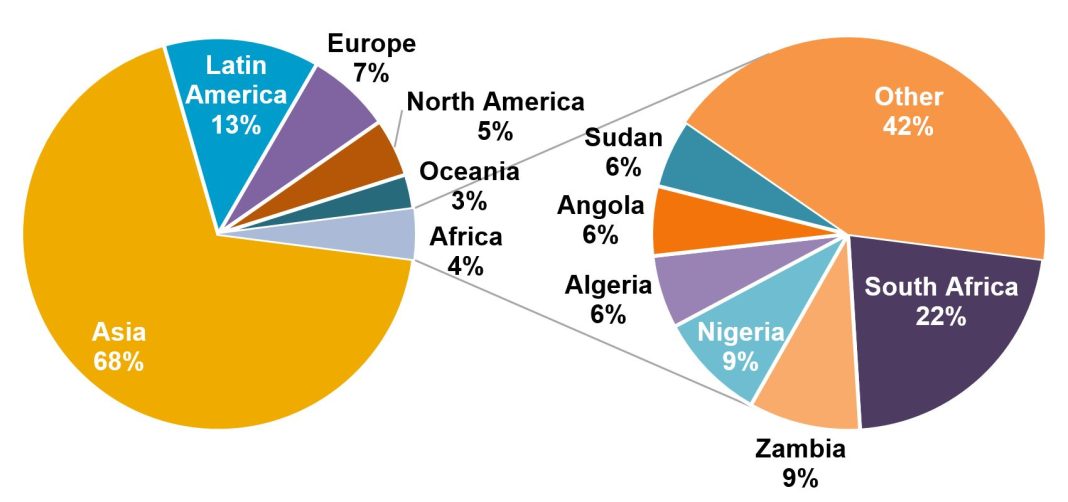 China’s investment in Europe has reached its lowest point in 13 years, signaling the country’s worsening economic situation. According to a report by Rhodium Group and the Mercator Institute for China Studies, China’s direct investment in Europe in 2023 amounted to only 6.8 billion euros ($7.35 billion), a decrease of 300 million euros ($3.24 billion) from the previous year. This decline follows a peak of 47.5 billion euros ($51.3 billion) in 2016 and a drop to 14.2 billion euros ($15.34 billion) in 2019 before the COVID-19 pandemic.
China’s investment in Europe has reached its lowest point in 13 years, signaling the country’s worsening economic situation. According to a report by Rhodium Group and the Mercator Institute for China Studies, China’s direct investment in Europe in 2023 amounted to only 6.8 billion euros ($7.35 billion), a decrease of 300 million euros ($3.24 billion) from the previous year. This decline follows a peak of 47.5 billion euros ($51.3 billion) in 2016 and a drop to 14.2 billion euros ($15.34 billion) in 2019 before the COVID-19 pandemic.
Experts attribute this decline to China’s financial constraints and the government’s focus on investing in more “friendly countries.” Wang Guo-chen, an assistant researcher at the Chung-Hua Institution for Economic Research in Taiwan, explains that China’s domestic economy is not doing well, leading to limited power to expand overseas. Additionally, the Chinese government has significant deficits, prompting the repatriation of money from overseas state-owned enterprises back to mainland China.
The report also highlights China’s increasing investment in the electric vehicle (EV) sector, with 69% of its investment in Europe directed towards this industry in 2023, up from 41% in 2022. This shift aligns with the EU-China trade dispute over cheap Chinese EVs flooding the European market. The EU has been investigating Chinese EVs subsidized by the Chinese communist regime and is considering imposing tariffs on them. Experts believe that this dispute, coupled with China’s financial constraints, will continue to cause tensions between China and Europe.
Hungary has emerged as a top destination for China’s foreign direct investment (FDI) in Europe, attracting 44% of China’s total FDI in 2023, compared to 21.3% in 2022. This surge is primarily driven by investments in EV battery plants by companies like CATL and Huayou Cobalt, totaling 8.7 billion euros ($9.4 billion). China’s EV giant BYD also plans to establish a factory in Hungary to manufacture EVs in 2026. Analysts believe that Hungary’s pro-Russian and pro-China stance makes it an attractive destination for Chinese investment, allowing China to circumvent the trade war between China and Europe.
Geopolitical factors, including strengthened national security reviews of foreign investment by Europe and the United States, have also contributed to the decline in China’s investment in Europe. The European Parliament’s freezing of the EU-China Comprehensive Agreement on Investment in May 2021 has further hindered China’s investment in the region. Experts predict that economic and trade disputes between China and the West will continue to escalate as economic security becomes a significant concern.
Overall, the downward trend in China’s investment in Europe is expected to persist as the country’s economic situation worsens and geopolitical tensions rise. Europe is increasingly aligning itself with the United States against China, with concerns over the Chinese regime’s support for Russia. The trade relationship between China and Europe is likely to continue declining, along with China’s investment in the region.


